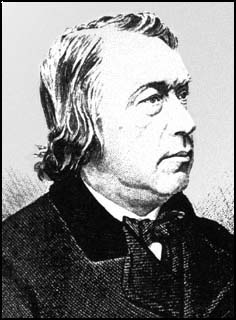“They may veil their eyes, but they cannot hide
The sun’s meridian glow”
"Eternal Justice", Stanza 4
Legends of the Isles and Other Poems (1851)
Contexte: They may veil their eyes, but they cannot hide
The sun’s meridian glow;
The heel of a priest may tread thee down,
And a tyrant work thee woe:
But never a truth has been destroyed;
They may curse it, and call it crime;
Pervert and betray, or slander and slay
Its teachers for a time.
But the sunshine aye shall light the sky,
As round and round we run;
And the truth shall ever come uppermost,
And justice shall be done.
